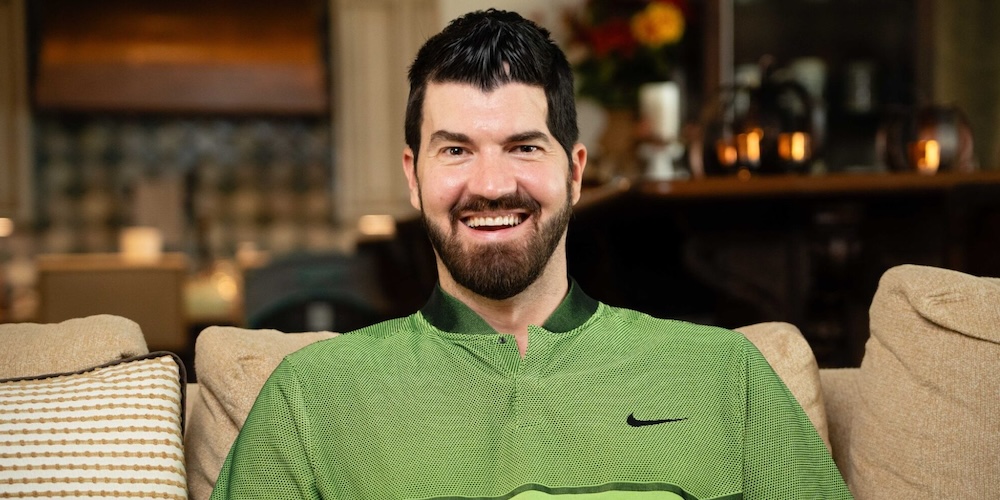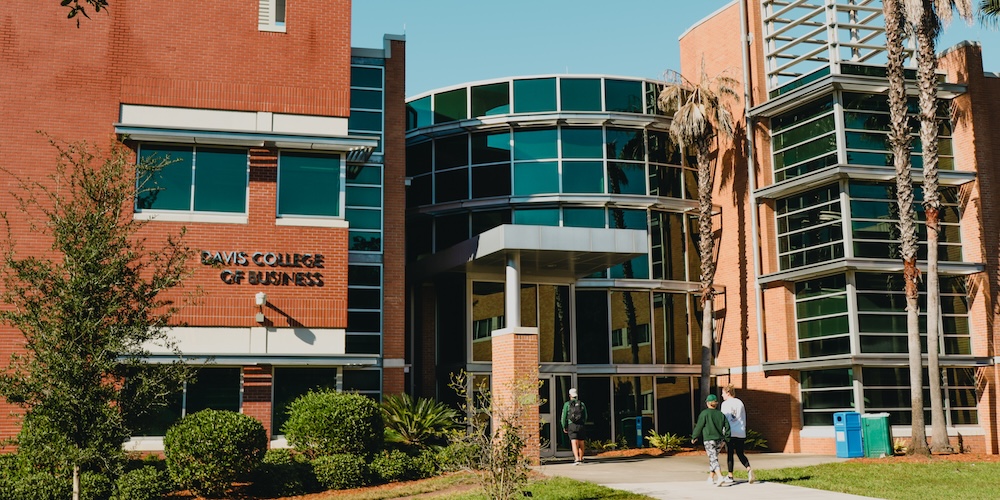Jacksonville University’s Dr. LaTonya Summers has been rewarded for her hard work in incorporating ethnic considerations into mental health counseling.
Her diligence in creating the Black Mental Health Symposium at Jacksonville University for students to learn more about mental health in minority communities led to her Southern Association for Counselor Education and Supervision (SACES) award. The SACES award is given to those who infuse social justice and advocacy into their teaching, research, service, and are active in legislation.
“I infuse advocacy in our teaching for my multi-cultural counseling class,” said Dr. Summers. “Instead of lecturing on social justice and advocacy, I took my whole class to a local counseling association so that they could see how decisions are made, how it impacts the community and the profession.”
Dr. Summers has been working in mental health for 23 years with specializations in ethnic minority mental health, supervision and program development. She has been working with the University for the past two years and obtained the positions of faculty in residence and Assistant Professor for counseling in the Brooks Rehabilitation College of Healthcare Sciences.
Dr. Summers says it’s important that students are in board rooms where decisions are made to gain hands-on experience.
“Someone there actually sponsored them and paid their membership fees so they could all be a part of this counseling association,” said Dr. Summers. “Now, that’s advocacy.”
The Black Mental Health Symposium seeks to improve mental health literacy and remove the stigma of treatment in the African-American community. BMHS occurs annually where hundreds of mental health professionals can submit outlines for new treatment plans and approaches.
“In black communities, we don’t really know when it is a good time to go to therapy,” said Dr. Summers. “It has to be really bad for us to go and I’m like, no, this is a good time to go and I love increasing people’s mental health literacy in terms of not just what it’s about but how it helps.”
Though Dr. Summers won an award for this initiative, she continues to pursue her goal to produce at least one research project per year.
“Right now, I’m flexing my addictions’ muscle by doing a study with our aviation students about pilot impairment,” said Dr. Summers. “For pilots, addictions, fatigue, are all things that can cause crashes, and I thought what if we started working with students early to implement wellness, we might be able to present some of these pilot impairments or burnout or crashes.”
This coordinates with her previous experience in counseling those with addictions.
“For Aviation student wellness, this is going to sound really weird, but one night I had a dream where I designed this study and on the piece of paper I wrote down aeronautics,” said Dr. Summers. “I designed the study in my sleep and when I woke up I thought ‘what in the world is aeronautics?’”
After researching the definition of aeronautics, she discovered similar past studies focused on wellness.
“I went over to Aviation and met the director and asked how he would feel about me doing a study on student wellness to make sure students are well, and he went for it,” said Dr. Summers. “It will be an anonymous study so I won’t be working with students directly in order to get honest information about drug use or alcohol use.”
Dr. Summers has seen the benefits of her research and hands-on teaching and learning for students interested in entering mental health.
“Just last week, I went to support a student who spoke to a counseling association to advocate for the Jacksonville LGBT community because they’re less likely to get services,” said Dr. Summers. “She spoke to a room of counselors and said this is something that needs to be changed and what will your board do about it?”
Dr. Summers also says she enjoys mentoring her minority students who are uncertain about their path while attending JU due to financial or emotional reasons. She encourages them not to compare themselves to other students and that their voices matter.
“That’s a reward,” said Dr. Summers. “When you can make disciples of people who will also do the work.”

